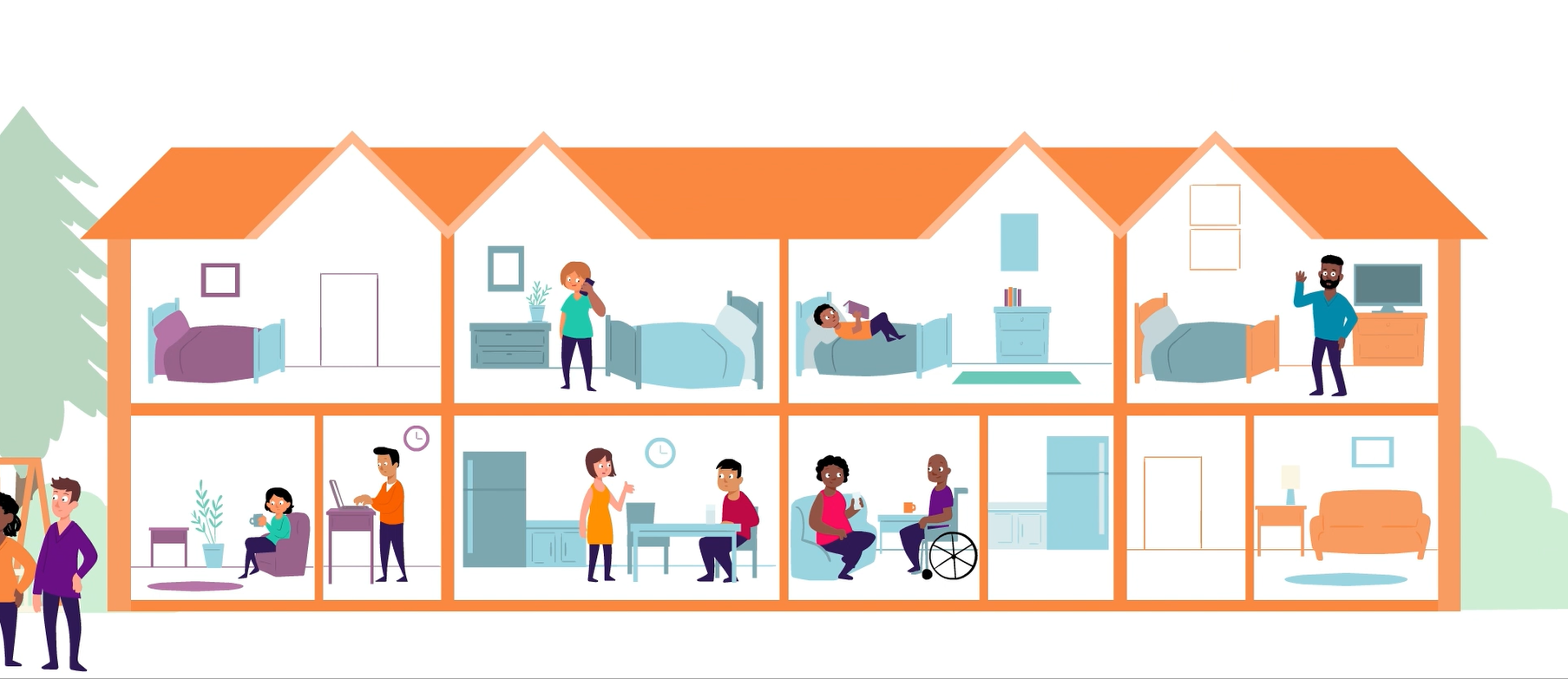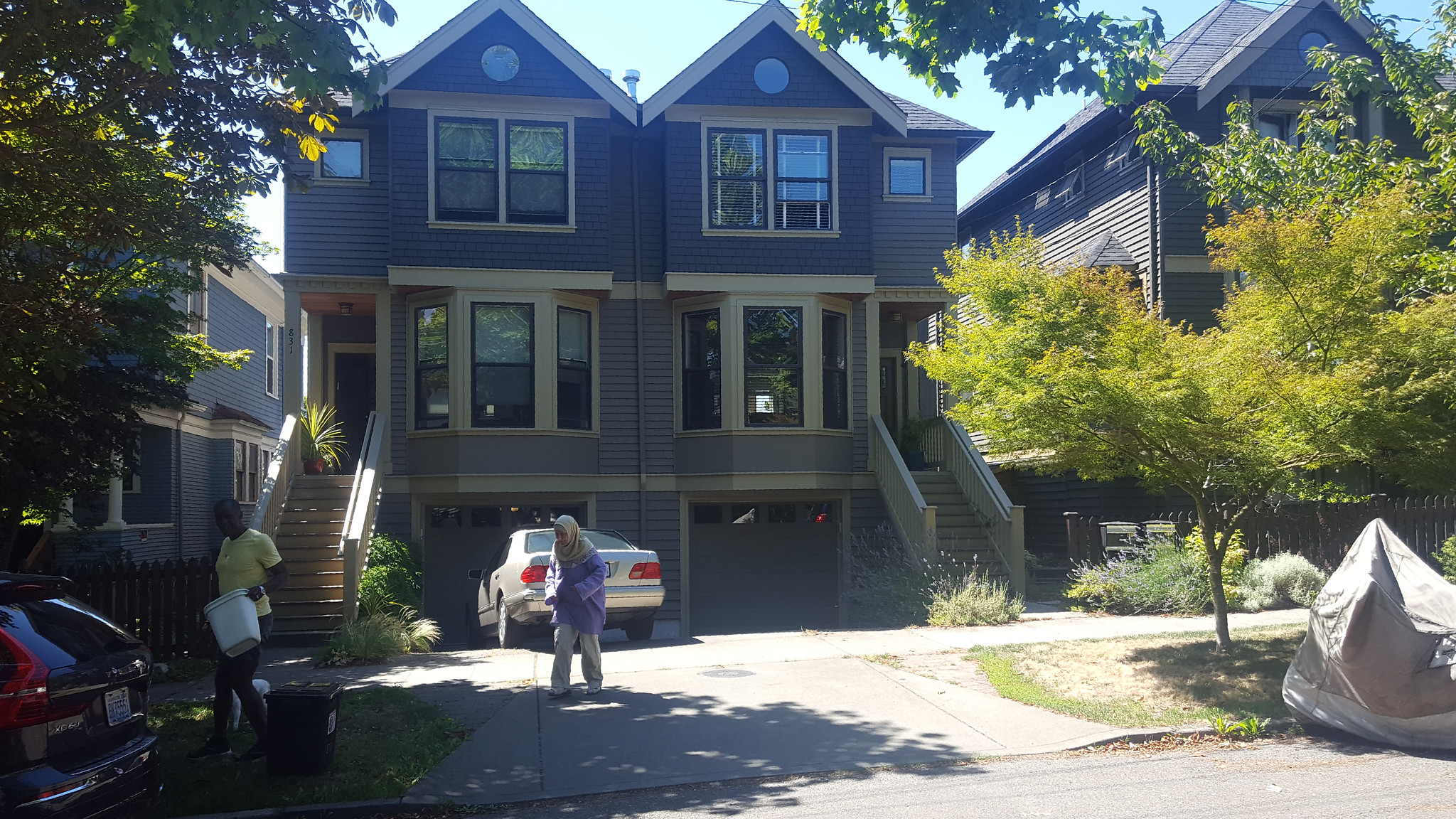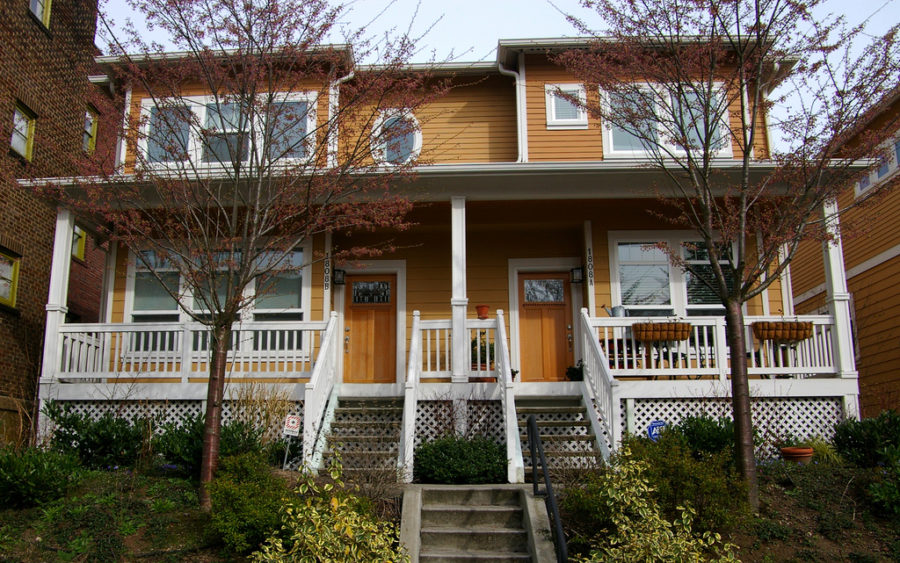Press, pundits, and elected officials—Left and Right—drum a message into our heads: “Americans hate taxes.” Look! I’ve just done it again! (Note to self: Refuting and repeating a negative frame simply serves to reinforce the frame.)
But Vanessa Williamson, fellow in governance studies at the Brookings Institution and author of the book Read My Lips: Why Americans Are Proud to Pay Taxes, says that the notion that Americans hate taxes “has become a truism without the benefit of being true.”
Williamson’s research digs into a pervasive but largely buried alternative to the conventional wisdom:
Pollsters have been asking Americans whether “it is every American’s civic duty to pay their fair share of taxes.” Every year, about nine in 10 Americans agree with that sentiment. In 2009, 3 percent of respondents disagreed. That level of accord is very rare. To give you a point of reference: About 6 percent of Americans think the Apollo 11 moon landing was faked. On the civic responsibility of taxpaying, Americans are about as close to consensus as they ever get.
So how do Americans feel? Williamson says that “paying your fair share of taxes is a norm that a vast majority of Americans hold dear.” When you ask Americans about taxes (and she has been asking—for nearly a decade), their thoughts are anything but small. “They talk about what their country means to them,” she says, “and about the world they hope to leave for their children and grandchildren.” For better and for worse, people connect taxes to their core values and sense of community identity—and of right and wrong.










